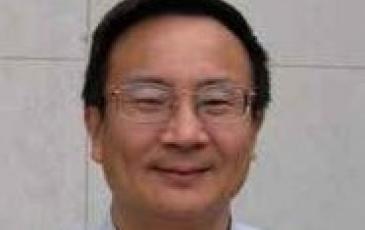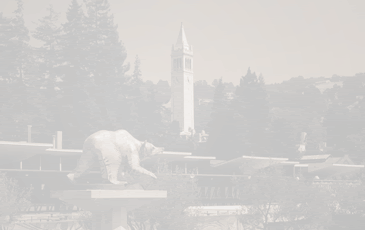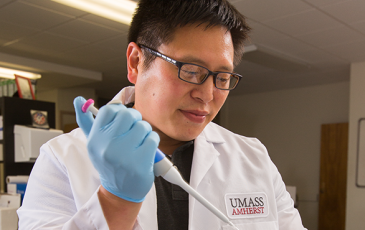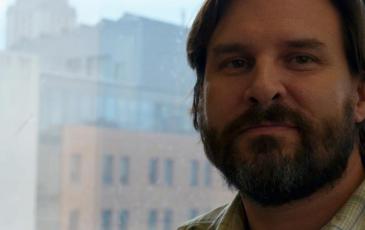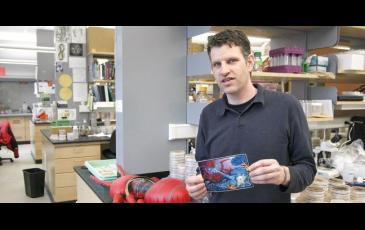In the area of functional studies of genes important for plant reproductive development, we focus on molecular basis of meiotic homologous recombination and chromosome condensation and segregation, gene networks controlling anther and pollen development, and regulatory elements ensuring reproductive development in response to environmental changes, such as light, drought and heat.
Past PMB Seminars
For a schedule of all Plant & Microbial Biology events, seminars, and lectures visit our calendar.
Center for Computational Biology Seminar
Quantitative insights into gene network evolution and aging in the context of a canonical network Abstract: Regulation of gene expression in the yeast galactose utilization network has served as a paradigm for eukaryotic transcriptional control for 60 years now. Using the GAL network as an experimental model, we characterized cross-species evolution of this network and how cellular aging...
Tom Juenger: The genetics and genomics of local adaptation in perennial grasses
The Juenger lab is conducting a cluster hire of postdoctoral researchers for studies of native perennial C4 grasses
Kris Kennedy: PMB Student and Postdoc Seminar
Come join us to hear research going on in PMB from graduate students and post docs. There will be snacks and coffee/tea. Please bring a mug. Hosted by the Plant and Microbial Biology Student Group (PMBG). This event is sponsored by the UCB Graduate Assembly. Event is ADA accessible. For disability accommodation requests and information, please contact Disability Access Services by phone at...
Timothy Bowles: Dirt Matters: Healthy Soil for a Productive and Sustainable California
Soil “health” is a metaphor that captures an essential parallel between soils and our own health: soils that are poorly-cared for will have shorter lifespans and require increasing levels of intervention to deliver the functions we require. Many agricultural practices common in California and worldwide degrade soil health rather than maintain or improve it, threatening long-term agricultural...
Cameron Currie: Ants, agriculture, and antibiotics
Our research focuses on the ecology and evolution of symbiotic associations between animals and microbes. We utilize a cross-disciplinary approach incorporating ecological, evolutionary, behavioral, genetic, and microbiological approaches and employ molecular ecology and phylogenetic techniques to examine how microbes shape the biology of higher organisms.
Tracy L. Johnson, Ph.D.: Beyond Diversity
A lecture and panel discussion (3:30-5:00 pm) followed by a reception (after 5 pm). The greatest population growth in the US is happening in precisely the populations that remain profoundly underrepresented in the sciences. It is clear that the long-term vitality of the scientific enterprise in the US is dependent on preparing a broader population of young people to be the scientific leaders...
Fire Ecology in California with David Ackerly
The UC Botanical Garden is pleased to host David Ackerly, PI of the Ackerly Lab at UC Berkeley and a leader of the Berkeley Initiative in Global Change Biology for a talk on fire ecology in California and the Bay Area. As our climate changes and we face more extreme fires, what are the impacts on biodiversity and the native flora of California? This talk will look at recent fires and the long...


